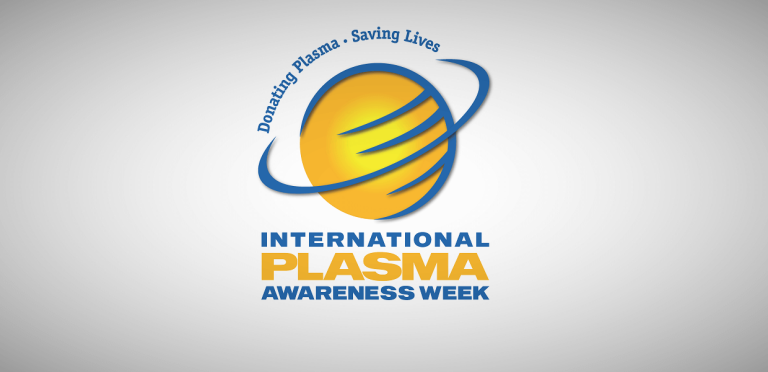Children with weight or weight gain significantly below average for their age and sex are more prone to faltering growth.
Growth in the early stages of life can be very rapid, but in some cases, infants fail to reach expected growth standards. Many infants will eventually catch up naturally and reach their normal growth potential, but those who do not are referred to as children suffering from “failure to thrive” (FTT) or “faltering growth.“ Although the term “failure to thrive” might sound extremely scary, FTT is a common problem that accounts for one to five percent of pediatric hospital admissions in children under two years of age.
FTT in children is caused by malabsorption, malnutrition, or undernutrition due to a variety of different diseases or conditions, such as chromosomal abnormalities, neurological problems, infections, or digestive disorders, as well as environmental factors such as poor eating habits or family problems.
Managing these nutrient deficiencies is as important as treating the underlying problem itself, as getting the right nutrients as early as possible can lead to better physical and mental development. In all cases of FTT, a high-calorie diet is recommended to help children catch up with their growth and weight gain. For infants, this can be achieved simply by breastfeeding more frequently; for bottle-fed infants or older children, other techniques or special formulas may be required. At Nestlé Health Science, we are committed to providing FTT infants and children with tailored nutritional therapies to help them achieve their nutritional goals so they can grow and develop normally.


















